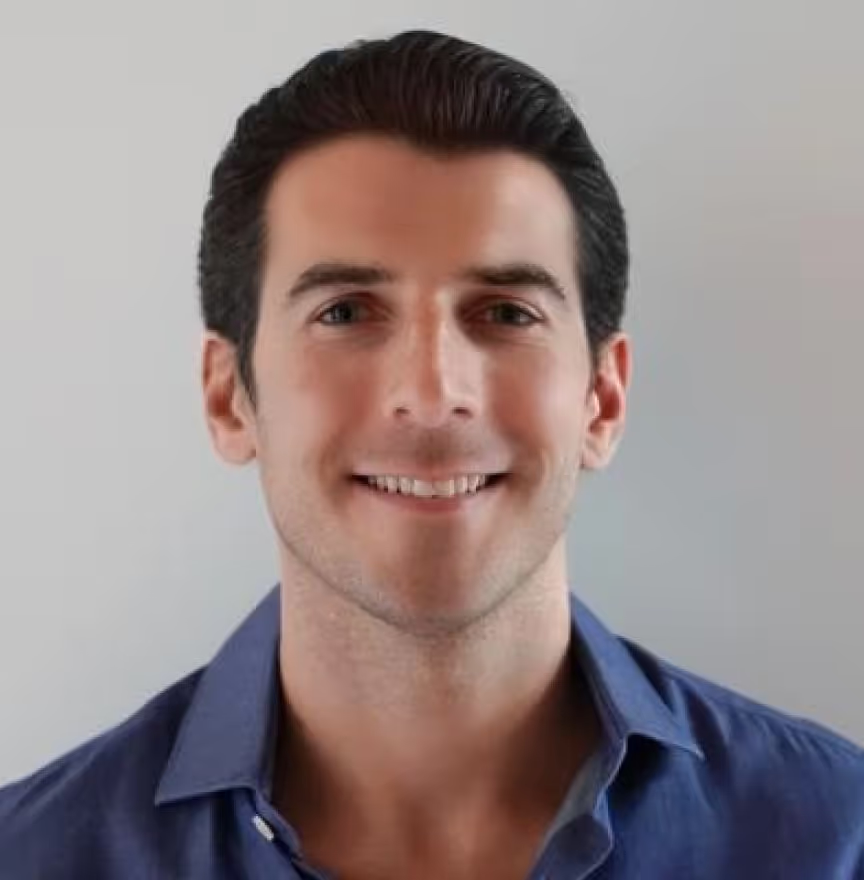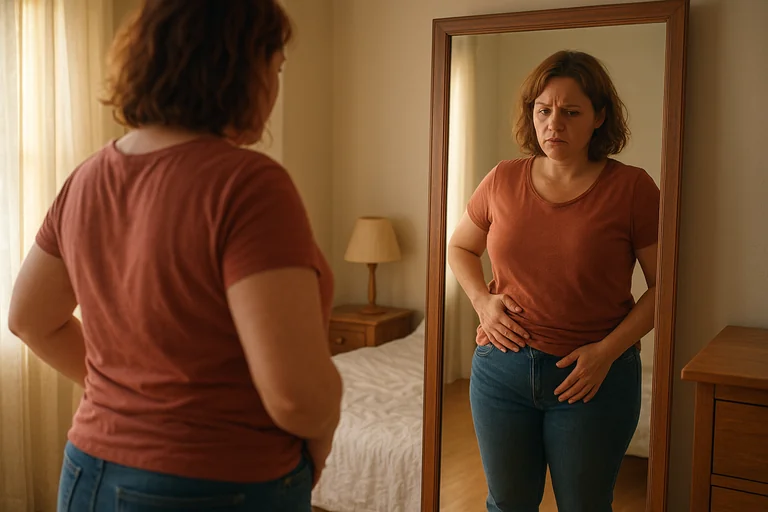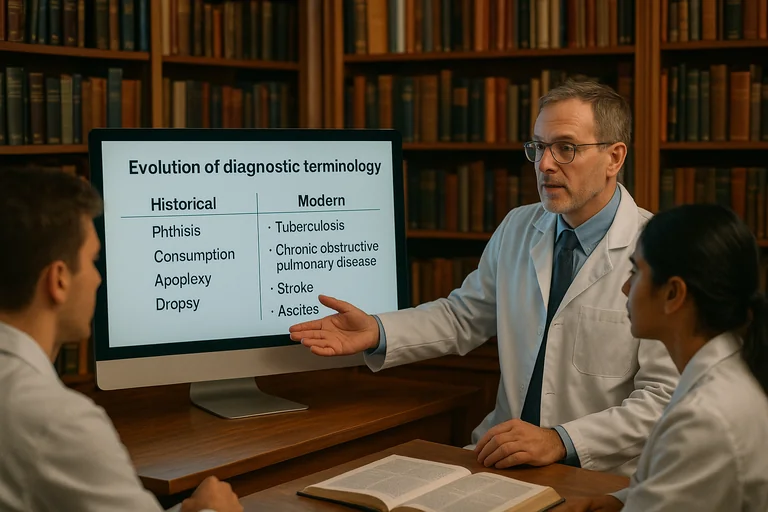A 2 minute assessment to get a personalized mental health or alcohol recovery plan.
Think that puffy morning face is just from sleeping wrong? Alcohol triggers a dehydration paradox that makes your face swell like a balloon - and everyone can see it.
What You'll Discover:
- Why dehydration actually makes your face retain MORE water, not less.
- How alcohol triggers inflammatory responses that specifically target facial tissues.
- The timeline of when puffiness peaks and how long it really lasts.
- Evidence-based strategies to minimize that telltale "drinking face."
You wake up after a night out and catch a glimpse of yourself in the mirror. Your face looks puffy, swollen, and somehow different from the person who went to bed just hours earlier. If this scenario sounds familiar, you're experiencing what many people call "alcohol face bloat"—a frustrating but common consequence of drinking that can leave you looking and feeling less than your best.
Or at least, that's what you hope - that it's just temporary puffiness that nobody will notice. In actuality, alcohol face bloat is your body's visible emergency response to being poisoned, and yes, everyone can tell you were drinking last night. Healthline explains that alcohol causes puffiness and inflammation, especially when mixed with sugary drinks. After all, if it was just about being tired, coffee would fix it. But in actuality, more recent understanding shows alcohol triggers complex inflammatory and dehydration responses that make your face a swollen advertisement for last night's choices.
It may be time to understand why your face betrays your drinking habits if you're tired of looking puffy in morning meetings or photos.
The Backwards Science of Why Dehydration Makes You Puffy
Don't let anyone tell you to just "drink more water" to prevent alcohol face bloat. The biological reality is far more complex and frustrating than simple dehydration.
Many researchers, dermatologists and physiologists will tell you that alcohol creates a dehydration paradox - you lose water but your face retains it. Healthline confirms alcohol dehydrates the body causing facial bloating. Even if you chug water between drinks, the puffiness still happens. It's particularly noticeable around the eyes and cheeks. For example, someone who hydrates religiously while drinking still wakes up with a swollen face.
Now that you have a better idea this isn't simple dehydration, let's delve further into why your body hoards water in your face while you're actually dehydrated, some of which may be very surprising.
How Alcohol Turns Your Face Into an Inflammation Balloon
The undeniable truth is that alcohol doesn't just dehydrate you - it triggers full-body inflammation that specifically targets your face. There's the dehydration response, then there's the inflammatory cascade that makes everything worse.
Alcohol suppresses antidiuretic hormone (ADH), making you pee constantly. Your kidneys dump water instead of retaining it. Meanwhile, your body panics about dehydration and starts hoarding water wherever it can - especially in facial tissues.
Healthline explains that skin and vital organs hold onto water when dehydrated, causing facial puffiness. The loose connective tissue in your face acts like a sponge, swelling visibly.
But here's what's worse - alcohol is an inflammatory substance that causes systemic swelling. Add sugary mixers and carbonation, and inflammation skyrockets. Your immune system releases cytokines and histamines, making blood vessels leaky.
Worried your face looks particularly bad? Some people have stronger histamine responses, causing extreme puffiness, redness, and even hives.
The Humiliating Timeline of Alcohol Face Bloat
Now with understanding the mechanisms, the timeline reveals when you'll look worst. But more importantly, it shows why morning meetings after drinking are so risky.
What's most concerning about alcohol face bloat is that it peaks hours after you stop drinking. You go to bed looking okay. Essentially, the inflammation builds overnight. That is why you wake up unrecognizable.
This is obvious when you track the progression, but most people don't realize it gets worse while sleeping. Initial effects start within 2 hours but aren't visible. Peak puffiness hits 6-12 hours later - right when you're getting ready for work. It will be most severe when you need to look normal.
The takeaway is that alcohol face bloat peaks the morning after drinking, making you look worst exactly when you need to face the world.
The good news is that it usually resolves within 24-48 hours - unless you drink again.
Why Some People Look Like Alcoholics After One Night Out
Clearly, not everyone gets equal face bloat. But understanding individual variation explains why some people can't hide their drinking.
In addition to the amount consumed, several factors determine puffiness severity. WebMD notes alcohol dehydrates your body, making eyes puffy. But genetics play a huge role too.
Let's look at the factors realistically. Imagine two people drink the same amount. One has robust ADH production and efficient inflammation resolution - minimal puffiness. The other has poor enzyme function and heightened inflammatory response - they look terrible for days.
Another key consideration is existing inflammation. If you already have allergies, autoimmune issues, or chronic inflammation, alcohol makes it exponentially worse. Sleep position matters too - lying flat lets fluid pool in your face.
NEED TO KNOW: Asian flush gene variants, histamine intolerance, and rosacea all dramatically worsen alcohol face bloat. Dark liquors and sugary mixers cause worse inflammation than clear spirits with soda water.
Evidence-Based Strategies to Minimize That Drinking Face
If you're going to drink despite knowing about face bloat, at least minimize the damage with strategies that actually work.
Pre-game with hydration and food, not more alcohol. Eat protein and fats to slow absorption. Take antihistamines if you're histamine-sensitive (but check with your doctor). Start hydrated - your body needs reserves.
During drinking, make smart choices. Clear spirits over dark liquors. Skip sugary mixers entirely. Alternate with electrolyte drinks, not just water. Stop drinking hours before bed to reduce overnight accumulation.
WebMD suggests the solution is less booze, more water, and OTC bloating remedies. But prevention beats treatment.
Sleep with your head elevated - gravity prevents facial pooling. Use an extra pillow or raise your bed's head. Morning protocols include cold compresses, gentle lymphatic massage, and continued hydration.
But here's what's critical: if you regularly wake up with alcohol face bloat, your drinking pattern is visibly affecting you. Consider whether looking puffy and inflamed is worth it.
Understanding how alcohol affects your body beyond just face bloat might motivate changes. For those who want to reduce alcohol consumption, medications like naltrexone can help control cravings.
Ready to stop letting alcohol control your appearance?
If you're tired of waking up with a puffy face, if colleagues notice your "morning look," or if you want to reduce drinking for your health and appearance, professional help is available.
Take the online Alcohol Use Assessment to understand your drinking patterns and explore evidence-based solutions that help you look and feel your best.




